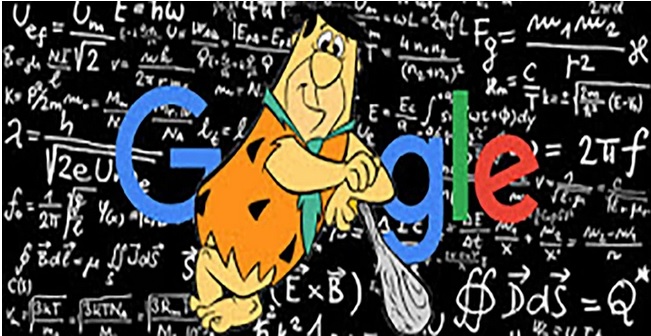SEO stands for Search Engine Optimization , everyone seems to have heard and uses the term “SEO” but many do not know what SEO means.
Why do I need SEO for my website?
SEO is what web designers do to make your website more attractive to search engines, most often Google, come along to index and rank your website. SEO has been around since the early days of web design, however a lot has changed since then. Only after the web started to become much more competitive did the phrase “SEO” start to attract attention. Companies, anxious to compete on the web, desiring first page rankings on Google became desperate to learn what could be done to influence the rankings. Seemingly overnight, many so-called SEO “experts” started to appear until SEO itself became a profession all to itself.
Back in the day SEO meant things like…
Keyword stuffing:
If you wanted to rank highly in early search engines, especially the late ’90s into the early 2000s, keyword stuffing was a real tactic that really did have effectiveness. So SEOs would cram keywords into all sorts of tags and locations.
Using a bunch of different variants and slight keyword variants:
So if I’m targeting the word blue watches, I would have blue watch, blue watches, blue watch accessory, blue watch accessories, blue watches accessory, blue watches accessories, ridiculous little variants on plurals because the search engines were not great at figuring out that all these things sort of had the same intent and meant the same thing. So raw, rough keyword matching, exact keyword matching was part of SEO.
Keyword use in every tag possible:
If there was a tag, you’d cram keywords into it.
Domain name and subdomain keyword use:
So this is why you saw that brands would be outranked by, to use our example, blue-watch-accessories.bluewatchaccessories.info, that kind of silly stuff would be ranking. Some of it even maintained for a while.
SEO writing was writing for engines and then trying not to annoy users. So, a lot of the time, people would want to cloak. They’d want to show one set of content to the search engines and another set to searchers, to actual users, because they knew that if they showed this dense, keyword-stuffed content to users, they’d be turned off and they wouldn’t find it credible and they’d go somewhere else.
Along with these practices came a vast amount of shady companies promising totally fantastic and outrageous claims such as “we can get your website on the front page of Google – guaranteed”.
Why “black hat” SEO is still rampant:
Although Google through it’s various algorithm implementations has caught on to most of the tricks and penalized or even banned websites for using these methods, there are still some debatable practices still in place such as PBN’s (private blog networks) and link buying.
Jump forward to 2018 and we’re asking what does writing for SEO mean? Well, a bunch of things.
What matters most is solving the searcher’s query!
Because engines have gotten so much better, Google in particular, but Bing as well, they have gotten better at solving the searcher’s task, helping them accomplish the thing that they wanted to accomplish, the writing that does the best job of solving the searcher’s task tends to be the most highly prized. You can sometimes get to the top of the search results, but you will almost certainly invariably be taken out by someone who does a great job of solving the searcher’s query.
Intent matching matters a lot more in 2018 than exact keyword matching.
Today, no credible SEO would tell you to create a page for blue watch and blue watches or blue watch accessories and blue watch accessory or even blue timepieces and blue watches. If many keywords share the same intent they should be within a single page that serves that intent and all of the keywords or at least many of the keywords that that intent is represented by. Each page should have a unique intent with a unique target and different keywords.
Only a few tags are still absolutely crucial to doing SEO correctly.
So SEO writing today, there are really only two that are not very fungible. Those are the title element and the body content. And this is because of search engines as well as searchers. There are a few other tags that are nice to have in 2018 still. Those include:
- Headline tags (the H1, the H2),
- URL field
- Meta descriptions.
- The image alt attribute.
Employing words, phrases, and concepts that Google’s identified as sort of commonly associated with the query.
This can provide a significant page boost. The user experience of the writing and content matters more than ever, and that is due to engagement metrics Essentially, Google is able to see that people who click on a particular result are less likely to click the back button and choose a different result or more likely to stay on that page or site and engage further with that content and solve their whole task. That is a good sign to Google, and they want to rank more of those.
So bottom line SEO is 2018 is about meeting the needs of your searcher by providing quality and rich content on your pages. We recommend selecting one keyword phrase to target per page and then writing content that directly correlates to this phrase. Ensure your content is unique, includes media and include external links to useful resources and non-competitors when relevant.



